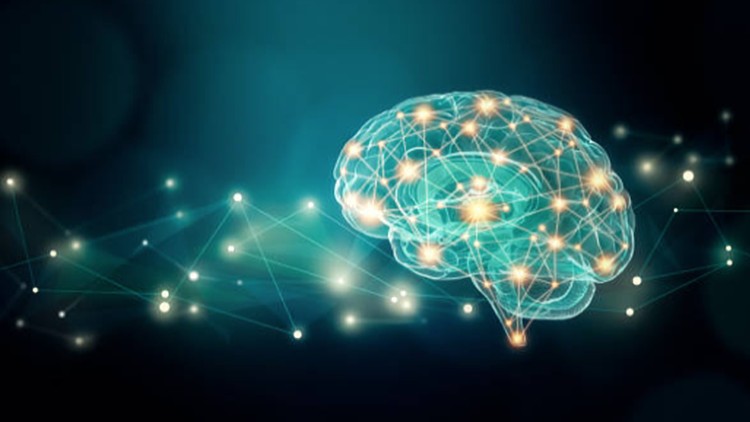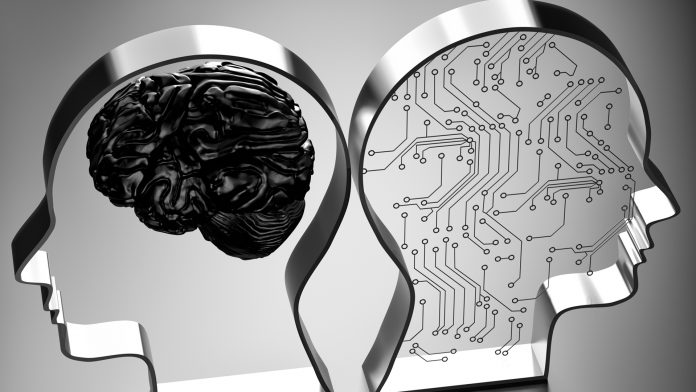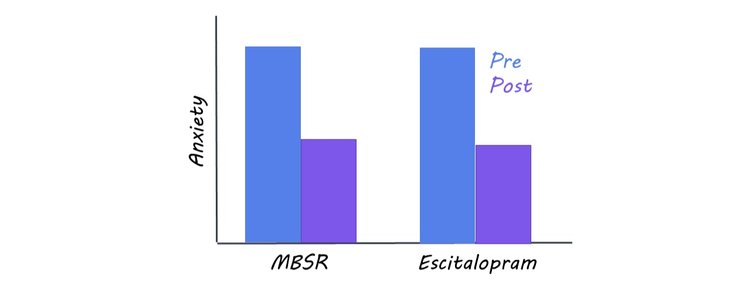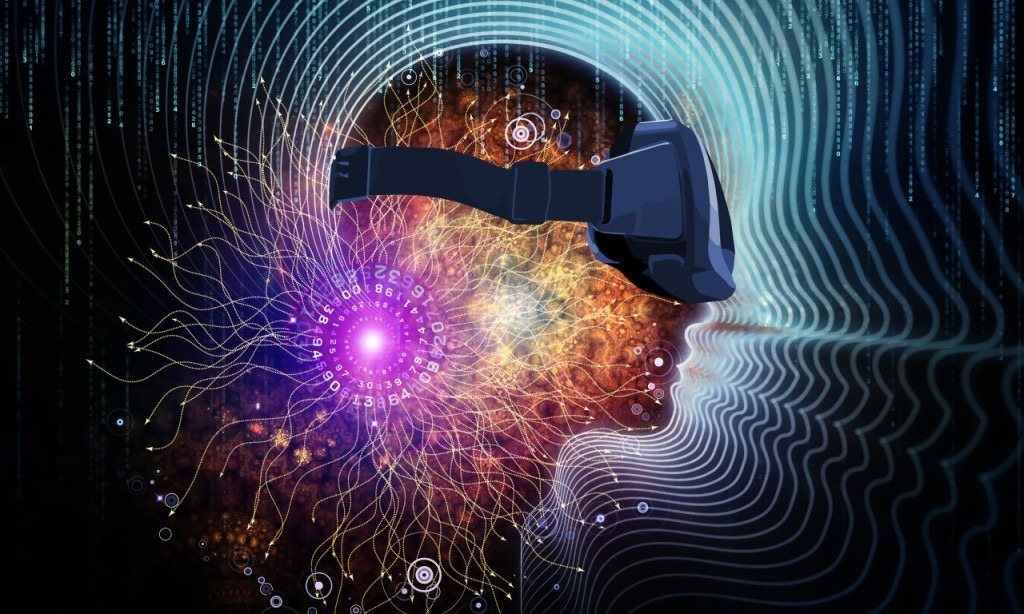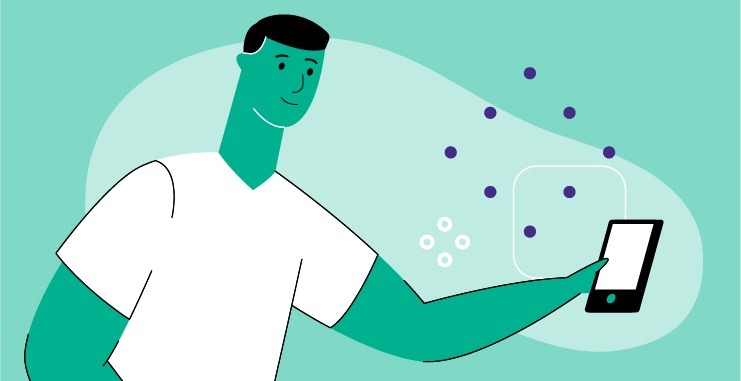Posts Tagged ‘Psychotherapy’
Next: Harnessing Neuroplasticity, Medication AND Psychotherapy to treat mental health conditions
There is mounting recognition in the scientific community that combining different treatment approaches for mental health conditions can create a benefit greater than the sum of its parts. As a clinical psychologist and neuroscience researcher, I have been working to integrate insights from both fields to expand treatment options for those suffering from depression, anxiety and…
Read MoreStudy shows the power of electroencephalography and machine learning to help predict response to psychotherapy (or lack thereof) in patients with PTSD
A fascinating study just published in Nature Mental Health aimed at helping predict the outcomes of psychotherapy for patients with Post-Traumatic Stress Disorder (PTSD) using Machine Learning (ML) and electroencephalography (EEG) data. PTSD is a mental health condition triggered by experiencing or witnessing a traumatic event; two evidence-based treatments–Prolonged Exposure (PE) and Cognitive Processing Therapy (CPT)–are…
Read More8‑week Mindfulness-Based Stress Reduction (MBSR) course found to be as effective as Lexapro (escitalopram) to treat adults with anxiety disorders, and with far fewer side effects
Anxiety is the most common psychiatric disorder, with over 301 million ?people affected around the world. Whether extreme anxiety arises in social situations, is triggered by a particular phobia, or manifests as a general unease in the world, it can severely affect people’s everyday functioning and lead to high levels of distress. Luckily, there are…
Read MoreStudy: Automated VR psychotherapy can help reduce anxiety and distress, especially among those with psychosis and severe agoraphobia
Oxford University VR spinout demonstrates significant psychotherapy benefits in Lancet study (Fierce Healthcare): Virtual reality can help treat symptoms in patients with psychosis, according to a new study published in The Lancet Psychiatry. GameChangeVR automates psychotherapy, guiding users with a virtual coach. It was developed by OxfordVR, a digital therapeutics company, the University of Oxford…
Read MoreComputer-assisted cognitive behavior therapy (CCBT) may outperform Treatment as Usual (TAU) in helping patients reduce depression, improve 6‑month remission rates
Study: Computer-assisted cognitive behavioral therapy (CCBT) improved depression for primary care patients (MobiHealth News): Researchers found patients who used CCBT in addition to regular treatment led to “significantly greater improvement” on the Patient Health Questionnaire–9, used to screen for and measure depressive symptoms. Those results also held up over time. “Results of this study show that…
Read MoreWhy MDMA-assisted psychotherapy may become an FDA-approved treatment for PTSD within 2 years
For people with post-traumatic stress disorder, recalling memories of physical or sexual assault, combat or disaster-related events can induce intense anxiety or panic attacks as well as debilitating flashbacks. In the U.S., about 7% of people suffer from PTSD and lose an average of about four working days each month as a result. Trauma-specific psychotherapy,…
Read More
